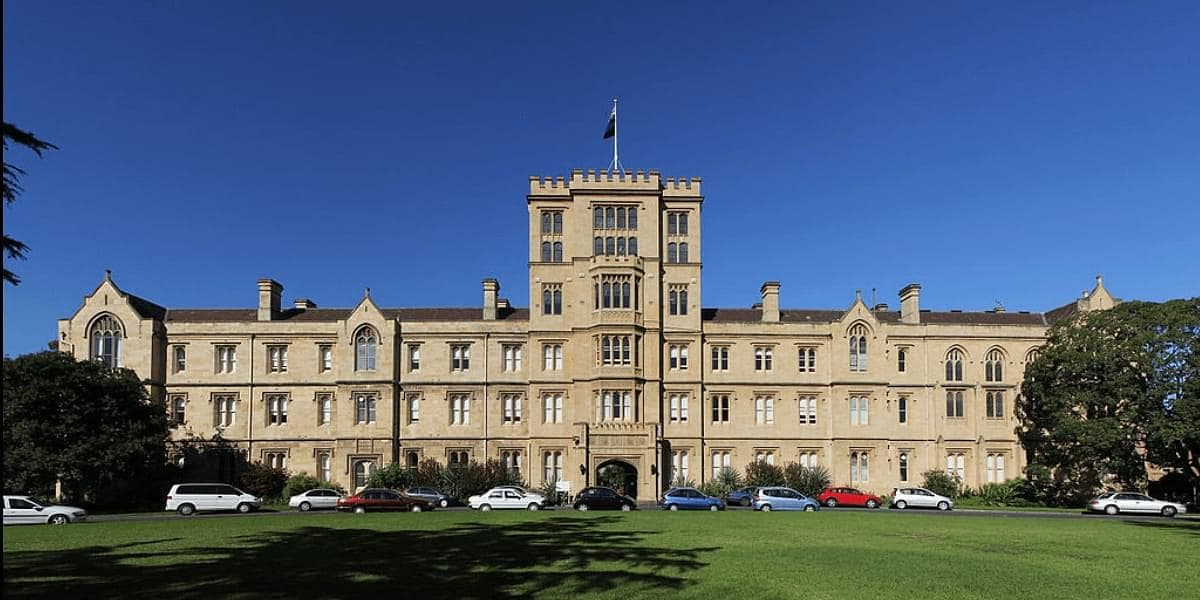Master of Theology at University of Divinity
Kew Vic, Australia
- Tuition Fee AU$ 27,320
- Country Rank#72
- Duration24 Months
- Score IELTS: 7
Program Overview
The Master of Theology enables students with an undergraduate degree in theology or ministry to apply an advanced body of knowledge in theology and its associated disciplines. Students deepen their engagement with select areas of study to prepare them for professional practice and further learning.
Cost Of Studying At University of Divinity
Interest rates as low as 8.9% *
250K+
Students Assisted
800Cr+
Loan Amount Disbursed
5000+
Loans Sanctioned
Check Loan Eligibility
Powered by
